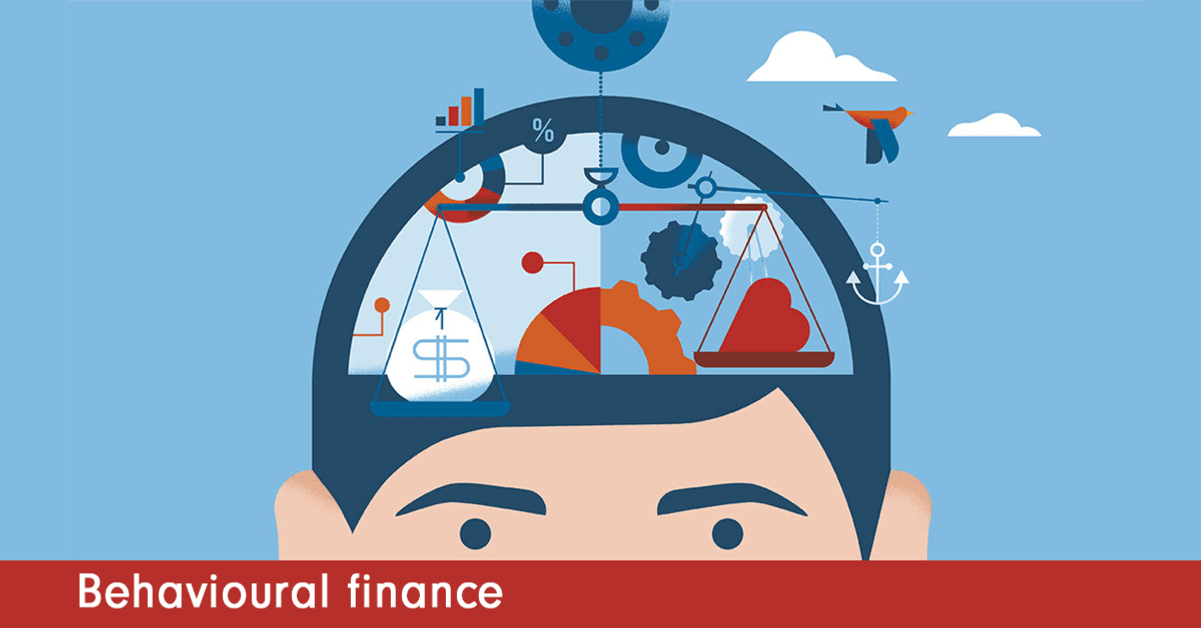Economists such as Merton Miller and Franco Modigliani once suggested that a rational investor would always prefer more wealth to less. According to their theory, a rational investor avoids cognitive and emotional errors, making every decision with the intent of maximising their benefit. In this ideal world, no shortcuts are used, and each decision is perfectly calculated.
However, this picture of the “rational investor” doesn’t hold up in the real world. Studies consistently show that investors often act irrationally, especially in stressful or uncertain conditions. Meir Statman, a finance professor, highlights in his book Behavioural Finance that “normal investors are extremely susceptible to cognitive and emotional biases,” and they care about more than just the financial benefits of investing.


